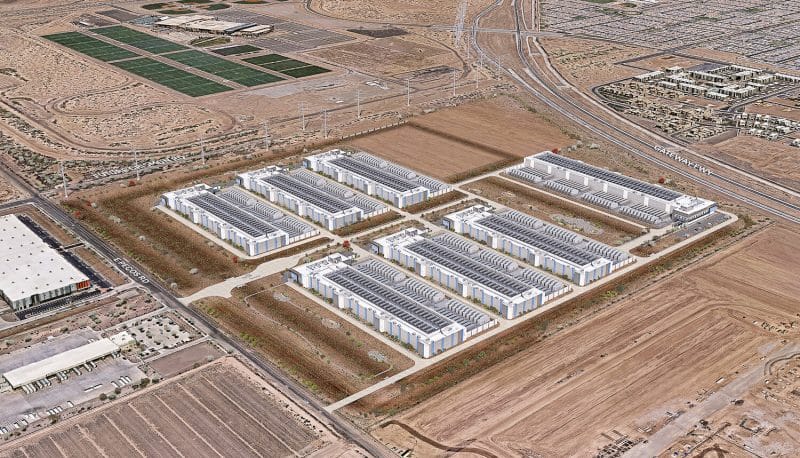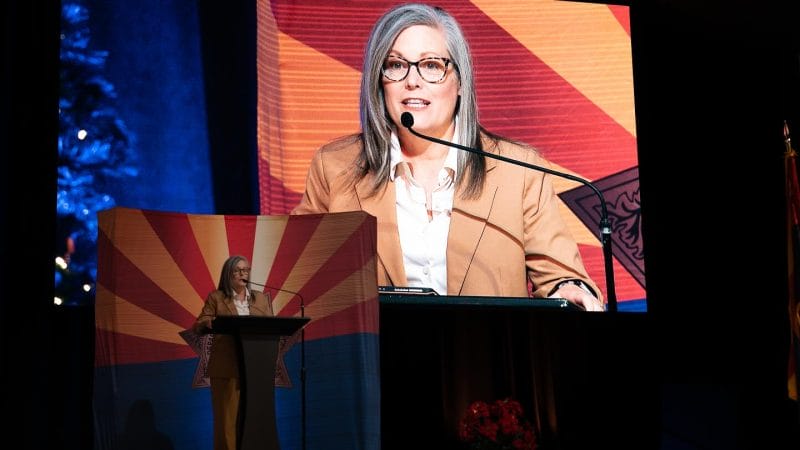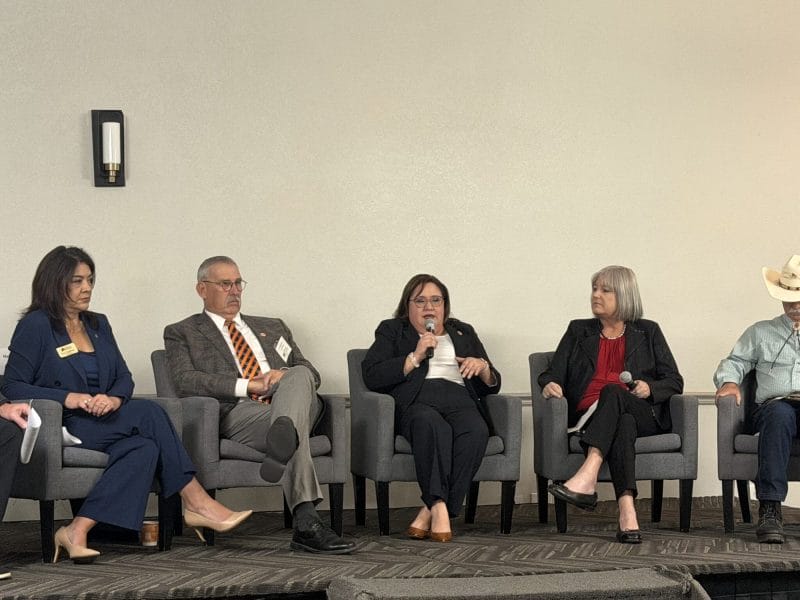By Shelley Ridenour | Casa Grande Dispatch
Also: Lawmakers OK pot research at state universities
States Push to Get the Most Out of Marijuana Taxes
With last week’s two-year anniversary of Arizona’s law that allows for the use of medical marijuana, and as dispensaries begin to open in Pinal County, city officials are talking about personnel policies regarding medical marijuana.
An informal survey of three governments in Pinal County shows they haven’t yet adjusted personnel policies to accommodate the use of medical marijuana by their employees.
Arizona voters approved a proposition legalizing marijuana for medical use on Nov. 2, 2010, and the law took effect on April 14, 2011.
Scott Barber, human resources director for the town of Florence, said he and other officials “don’t envision the need to specifically change any policies” to cover medical marijuana issues.
Barber said Florence officials understand that the law bans discrimination in terms of employment.
Specifically, the law prohibits “certain discriminatory practices including” that employers may not discriminate against a person who has qualified to use medical marijuana “in hiring, terminating or imposing employment conditions unless failing to do so would cause the employer to lose a monetary or licensing benefit under federal law.”
That language makes Arizona’s law stand out from bills in the other 17 states and the District of Columbia where medical marijuana is legal, Denis Fitzgibbons, an attorney in Casa Grande, said. “This is a completely different medical marijuana law than has been passed anywhere else,” Fitzgibbons said.
The language in the acts adopted by other states isn’t specific to an employee’s private right of action against an employer regarding discrimination, Fitzgibbons said.
“Arizona’s act says employers can’t discriminate,” he said.
In several other states where medical marijuana is legal, employees have filed lawsuits attempting to create a private right of action, Fitzgibbons said. But the courts have all said “no,” to those claims. In essence that means employers can refuse to hire or can fire people for using medical marijuana in those states.
“The epitome of difference with (Arizona’s) act is it clearly does create that” right of action, Fitzgibbons said.
He pointed out the state law applies to landlords, too, who can’t discriminate in renting to a qualified medical marijuana patient.
Arizona employers, public and private, are going to have to figure out how to “start the interactive process” with employees regarding medical marijuana, Fitzgibbons said.
As with any prescription drug, employers are prohibited from asking employees or prospective employees if they use medical marijuana. And, if a company requires a pre-employment drug test and a job candidate tests positive for marijuana, the employer can’t simply refuse to hire that person. That’s when the “interactive process” must begin, Fitzgibbons said.
Barber said Florence officials are heeding the advice of their legal counsel, who told them to deal with medical marijuana “the same as we would any other prescription drug.”
“We will discipline if marijuana is at or used at work,” Barber said, which is the town’s policy related to any prescription drug use by employees on the clock.
Story continues below
Arizona employers may not penalize qualified medical marijuana patients for a positive drug test for marijuana unless the patient used, possessed or was impaired by marijuana at the workplace or during work hours, according to the law.
The Arizona law points out that employers do not have to allow employees to use medical marijuana at their place of work or to allow employees who are under the influence of marijuana to work, except that a registered qualifying patient shall not be considered to be under the influence of marijuana solely because of the presence of metabolites or components of marijuana that appear in insufficient concentration to cause impairment.
The law specifically says it in no way prohibits employers from disciplining an employee for ingesting marijuana in the workplace or working while under the influence of marijuana.
“People have no right to use (marijuana) or be impaired on the job,” Barber said.
There is some wiggle room for employers, Fitzgibbons said.
If a business is required by federal law to provide a drug-free workplace, such as a school, employers can decline to hire medical marijuana patients, he said.
Casa Grande Deputy City Manager Larry Rains said city officials haven’t made any changes to policies or handbooks related to medical marijuana, yet. But, he said city officials are starting the conversation.
Rains expects some outside agencies that the city works with to establish their own guidelines related to medical marijuana. He specifically mentioned the Arizona Peace Officer Standards and Training Board, which deals with law enforcement certification and training, and the Federal Highway Administration, which oversees commercial driver’s license rules and requirements.
Federal laws still classify marijuana as an illegal drug, Barber said, and employees who have commercial driver’s licenses are subject to federal rules and regulations.
Should POST or the highway administration issue guidelines, Casa Grande will
“follow their recommendations as we do now,” Rains said.
Casa Grande is a conservative community, Rains said, and there is some expectation by the public about medical marijuana use by city employees, especially police officers, fire- fighters or employees whose jobs require driving or operating equipment. Arizona’s medical marijuana law prohibits people from operating motor vehicles, boats or aircraft while under the influence of marijuana.
Casa Grande already has a policy that states employees are not to be impaired on the job, City Manager Jim Thompson said.
But hammering out what capacities or what duties might specifically need to be addressed related to medical marijuana hasn’t occurred, he said.
Thompson said the city would have to research any Americans with Disabilities Act implications that could arise from the medical marijuana laws. That law requires most employers to make reasonable accommodations for disabled employees.
Likewise, the city needs to evaluate its ability to make local decisions as related to the new law, Thompson said.
Many personnel managers in Arizona waited for the challenges to the proposition to get through court before tackling changes, Rains said. But, now that has occurred and it’s time for the conversations.
Sometimes when state laws change Rains and Thompson wait for input from the League of Arizona Cities and Towns about changes the city should make related to new legislation. So far, that association hasn’t sent out anything related to medical marijuana policies, Rains said.
Should Casa Grande choose to alter its personnel policies, the mayor and council would sign off on any changes, Rains said. Changes would be drafted by Dawn Jett, the city’s administrative services director.
Coolidge City Manager Bob Flatley said Coolidge officials haven’t discussed any action they may need to take related to the medical marijuana law.
If you’d like to discuss employment or health care law, contact David Weissman, director of the Rose Law Group Employment Law and Managed Health Care Law Practice, dweissman@roselawgroup.com
If you’d like to discuss medical marijuana, contact Ryan Hurley, director of the Rose Law Group Medical Marijuana Dept., rhurley@roselawgroup.com








